Looking at the Research and Possible Links Between Alcohol and Acne

The Essential Info
Five studies have been performed thus far that look at how drinking alcohol might affect acne.
- 3 studies show drinking might lead to more acne
- 2 show that drinking does not affect acne at all
In other words, results are conflicting, so at this time we cannot rely on published research to give us a good answer. This is how it often goes with science. You simply need more evidence to come in before the answer to a question starts becoming clearer.
Common Sense: In the absence of conclusive data, we can sometimes turn to common sense, which in this case tells us that inebriated people are more likely to:
- Be less careful and end up physically irritating their skin. Physical irritation of the skin can lead to more acne.
- Miss their daily acne treatment regimen, which could lead to more acne.
The Bottom Line: Moderation is a good rule of thumb for most things in life. If you go overboard with anything, including drinking, bad things might happen. On the other hand, having a few drinks with friends from time to time is probably unlikely to lead to more acne. Just make sure to do your daily acne treatment regimen before you go to bed.

The Science
- What Does the Research Say?
- If Alcohol Did Worsen Acne, How Might That Occur?
- Other Considerations Regarding Alcohol and Acne
What Does the Research Say?
Only a limited amount of research has examined the relationship between alcohol and acne and at this point we cannot say definitively if drinking causes or worsens acne, or for that matter if drinking has no effect or even helps clear acne. Let’s look at the studies we have:
Three studies found: Drinking may be associated with an increased prevalence or severity of acne
We have 3 studies that are based on survey responses that show heavier drinkers struggling with acne more often than people who drink less or not at all. However, studies that are based on surveys are less reliable than other types of studies. In addition, it’s difficult to tease apart whether it’s the alcohol itself or other, related factors such as stress that might be contributing to acne in heavier drinkers. Therefore, we should approach these results with a dose of skepticism.1-3
Expand to read details of these 3 studies
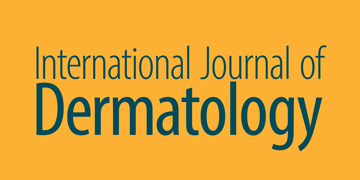
The first study, published in International Journal of Dermatology in 2011, examined 1236 subjects with acne and reported that drinking was a strong risk factor for acne, and that this link was stronger in males than in females.1

The second study, published in Acta Dermato-Venereologica in 2012, included a total of 17,345 participants, 1399 of whom had acne, and showed that adolescent (under 25 years old) drinkers were more likely than non-drinkers to have acne. Interestingly, any amount of drinking increased the risk of having acne regardless of whether it was moderate (defined as 1 to 3 drinks per week) or heavy (defined as 4 or more drinks per week). In adults, the difference in acne prevalence was not significant between groups.2 “In adolescents, the prevalence of acne was 41.2% in heavy drinkers, 41.4% in mild to moderate drinkers, and 28.8% in non-drinkers, showing a significantly higher prevalence in drinkers. In adults (over 25 years old), the prevalence of acne was 5.5% in heavy drinkers, 5.8% in mild to moderate drinkers, and 5.5% in non-drinkers.”2

The third study, published in the journal Dermatology in 2022, surveyed 3,888 people of Chinese background in Singapore. Of the study participants, 2,090 had acne and 1,798 did not. The researchers gave the participants questionnaires about their lifestyle habits, including alcohol consumption. In addition, doctors examined the participants with acne to determine acne severity. The researchers found that participants who drank alcohol tended to have more severe acne. The scientists wrote, “[A]lcohol consumption was significantly associated with acne severity.”3
Two studies found: No connection between alcohol consumption and acne
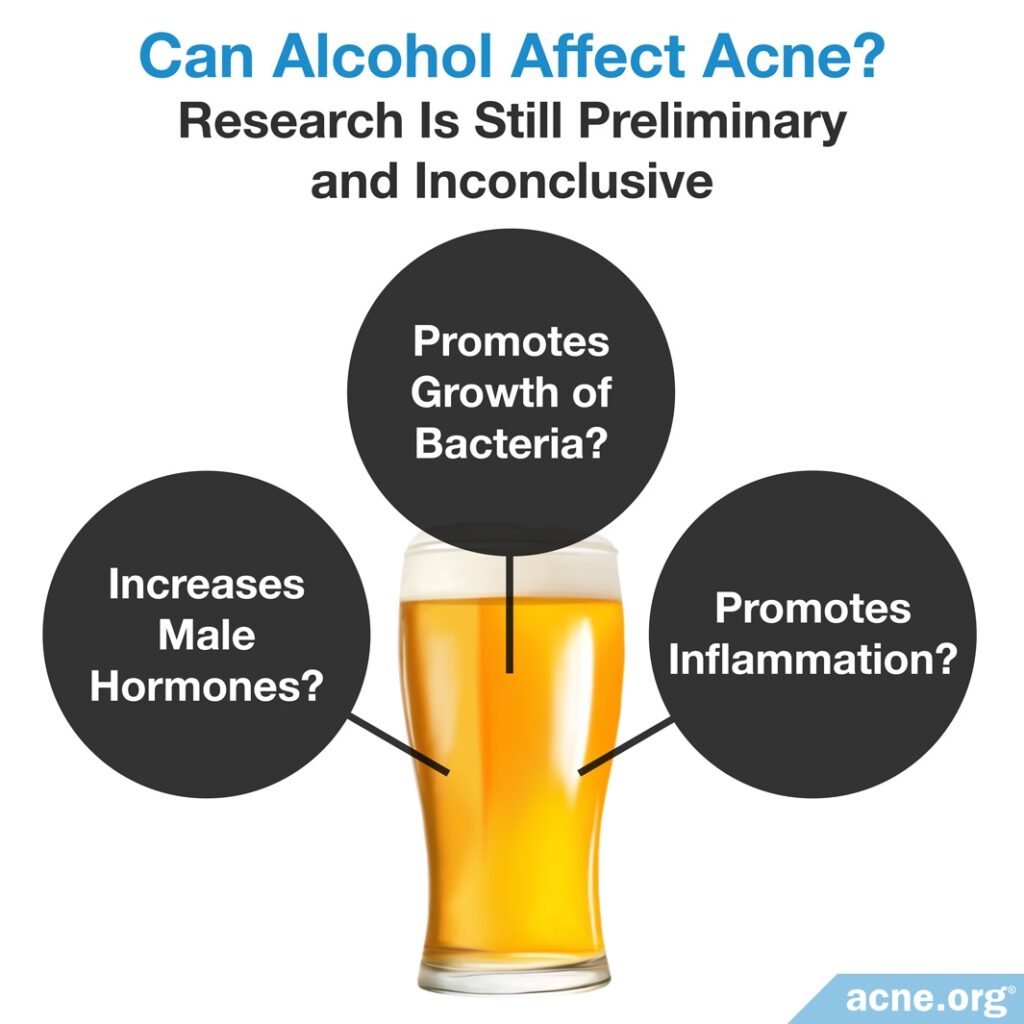
We also have 2 studies that show the opposite–that alcohol does not affect acne.
The first of these studies did not disclose the data, and this makes it difficult to draw any strong conclusions.4
The second of these studies, however, seems to give us the best data so far out of any of the studies we have. In the study, researchers analyzed skin conditions in a large number of drinkers and non-drinkers over 4 years and also found no association between alcohol and acne.5
Expand to read details of these 2 studies
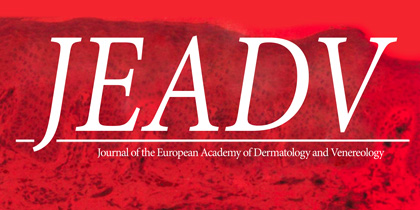
The first study, published in 2014, came to the conclusion that alcohol consumption was not linked with acne; however, since the data from the study was not reported, it is difficult to evaluate the quality or significance of the results.4
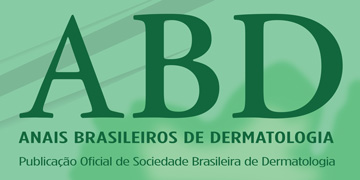
The second study, published in 2013 in the journal Anais brasileiros de dermatologia, looked at the skin of 278 alcoholic patients over a period of 4 years. The researchers compared these patients to 271 non-alcoholic patients from the Military Police Force. The scientists found no difference in acne between the alcoholic and non-alcoholic patients. They concluded alcohol to be a risk factor for several other skin conditions but not for acne.5
If Alcohol Did Worsen Acne, How Might That Occur?
Researchers have proposed several hypotheses regarding how alcohol might cause or worsen acne and suggested that changes in one of the following three areas could be to blame:
- Hormones (in men) – very weak evidence to date
- Bacteria (in both men and women) – interesting, but just a hypothesis
- Inflammation (in both men and women) – interesting, but just a hypothesis
Again, these hypotheses should be met with skepticism since we do not have quality data from randomized studies from which to draw any conclusions. They are simply interesting areas to look into.
Hormones (in men)
Hormones are an important factor in acne development, particularly male hormones called androgens, which are present in both males and females. Higher levels of androgens, such as testosterone, usually lead to more acne.
Two studies show us that testosterone levels appear to be increased in Caucasian men both after acute5 and habitual drinking.6
This might lead us to conclude that drinking increases testosterone, and that increases acne. But…not so fast. It was also found that even though men who drink habitually have higher testosterone levels than non-drinkers, they also have lower sperm count. This suggests that although their testosterone levels may be higher, they may have an impaired ability to respond to testosterone.8 In other words, men who drink may have higher testosterone levels, but their bodies may not react to the increased testosterone in predictable ways.
Further complicating matters, one other study showed the opposite – decreased testosterone in physically active men of Indian descent who are regular drinkers.9
Although it is not completely clear why there is a discrepancy in these studies, since people of Asian descent are known to metabolize alcohol differently than Caucasians,10 it is possible that this variation accounts for different results in testosterone levels.
In other words, as you can see, we have some evidence that drinking might increase testosterone in Caucasian men, but this has not been replicated in men of other ethnicities. Until much more data comes in from around the globe, we won’t be able to say how drinking affects hormones in men, and whether this might affect acne.
Ready for a double whammy? In women, drinking appears to increase estrogen levels, and the amount of alcohol women consume is directly related to the increase in estrogen levels.7,8 Higher levels of estrogen normally correlate with fewer acne symptoms, so this would seem to point toward alcohol potentially reducing the chance of having acne in women.
Although all of these studies point to a possible association between drinking alcohol and hormone levels, exactly what this association might end up being remains unclear, and the data is rife with inconsistencies in ethnicity and gender.
Bacteria (in both men and women)
After drinking, some alcohol can be secreted through our sweat. Researchers have proposed that the alcohol secreted in sweat could possibly act as a fuel for acne bacteria.11 Acne bacteria can metabolize alcohol and use it as a fuel source. Researchers hypothesize that a byproduct of this metabolism called acetaldehydes may exacerbate acne.11 Again, this is by no means factual. It is simply an initial hypothesis.
Alcohol might also aggravate acne by suppressing the immune system, and in turn allowing bacteria to grow. Frequent and long-term alcohol use is known to suppress the immune system, and it is possible that this could leave the immune system less able to keep bacteria in check.11,12 It is therefore plausible that alcohol abuse could worsen acne by suppressing the body’s ability to fight bacteria. Again, although this hypothesis is interesting, more research is needed to prove whether this really is the case.
Inflammation (in both men and women)
Chronic use of alcohol causes the body to release more inflammatory molecules called cytokines.13 Studies have shown that increased levels of cytokines can predispose individuals to develop acne and play an important role in the early stages of acne formation.14 So can drinking lead to inflammation and more acne? You guessed it, this is an interesting hypothesis, but still unproven.
Other Considerations Regarding Alcohol and Acne
Stress
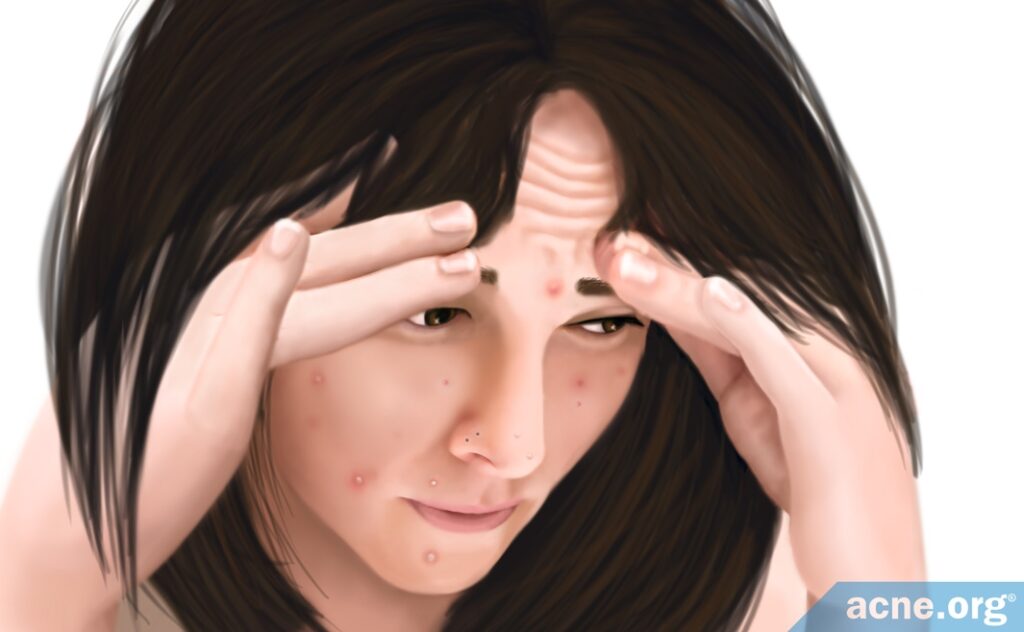
Overuse of any drug, including alcohol, can cause stress. Drinking too much can veer one’s life off course, and in severe cases can cause people to lose their jobs, friends, and family. All of these outcomes are stress-inducing. We know that stress and acne are related, so this is something to think about.
Missing your daily regimen
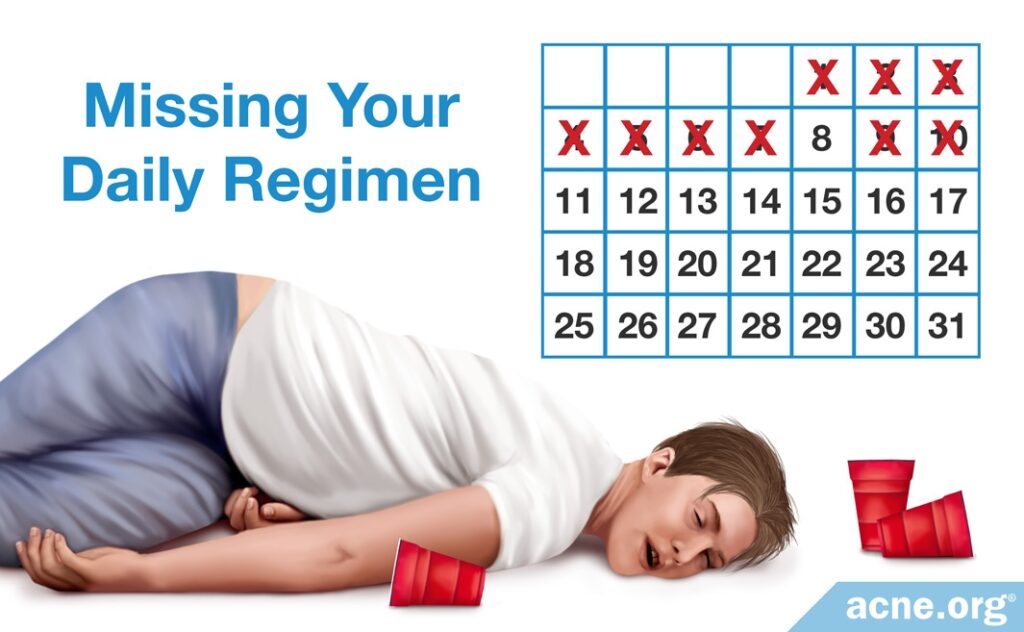
Getting drunk can cause people to miss their nightly skin care regimen. Missing even one application of your daily regimen can lead to breakouts.
Irritation
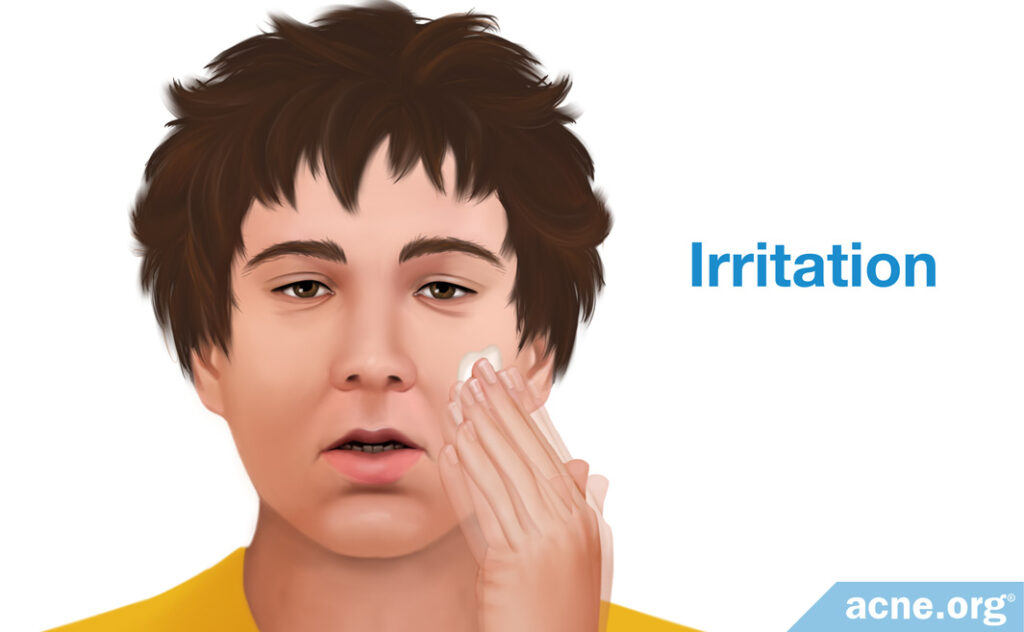
In order to prevent acne, it is important to avoid irritating one’s skin. Alcohol acutely affects motor skills. A person is simply not as careful when under the influence of alcohol. This can lead to increased irritation of the skin and potential breakouts as a result.
References
- Suh, D. H. et al. A multicenter epidemiological study of acne vulgaris in Korea. Int. J. Dermatol. 50, 673 – 681 (2011). https://www.ncbi.nlm.nih.gov/pubmed/21595660
- Shen, Y. et al. Prevalence of acne vulgaris in Chinese adolescents and adults: a community-based study of 17,345 subjects in six cities. Acta. Derm. Venereol. 92, 40 – 44 (2012). https://pdfs.semanticscholar.org/c638/70a8e25bd12b097dac2791015f013b5cbcca.pdf
- Heng, A. H. S., Say, Y. H., Sio, Y. Y., Ng, Y. T. & Chew, F. T. Epidemiological risk factors associated with acne vulgaris presentation, severity, and scarring in a Singapore Chinese population: A cross-sectional study. Dermatology 238, 226-235 (2022). https://pubmed.ncbi.nlm.nih.gov/34062533/
- Karciauskiene, J., Valiukeviciene, S., Gollnick, H. & Stang, A. The prevalence and risk factors of adolescent acne among schoolchildren in Lithuania: a cross-sectional study. J. Eur. Acad. Dermatol. Venereol. 28, 733 – 740 (2014). https://onlinelibrary.wiley.com/doi/abs/10.1111/jdv.12160
- Bruno, M., Vilela, M., & Oliveira, C. Study on dermatoses and their prevalence in groups of confirmed alcoholic individuals in comparison to a non-alcoholic group of individuals. An. Bras. Dermatol. 88, 368-75 (2013). https://www.ncbi.nlm.nih.gov/pubmed/23793198
- Sarkola, T. & Eriksson, C. J. Testosterone increases in men after a low dose of alcohol. Alcohol. Clin. Exp. Res. 27, 682 – 685 (2003). https://www.ncbi.nlm.nih.gov/pubmed/12711931
- Schliep, K. C. et al Alcohol intake, reproductive hormones, and menstrual cycle function: a prospective cohort study. Am. J. Clin. Nutr. 102, 933 – 942 (2015). https://www.ncbi.nlm.nih.gov/pmc/articles/PMC4588737/
- Martin, C. A., Mainous, A. G., Curry, T. & Martin, D. Alcohol use in adolescent females: correlates with estradiol and testosterone. Am. J. Addict. 8, 9 – 14 (1999). https://www.ncbi.nlm.nih.gov/pubmed/10189510
- Jensen, T. K. et al Habitual alcohol consumption associated with reduced semen quality and changes in reproductive hormones; a cross-sectional study among 1221 young Danish men. BMJ Open 4, e005462 (2014). https://www.ncbi.nlm.nih.gov/pubmed/25277121
- Venkat, K. K., Arora, M. M., Singh, P., Desai, M. & Khatkhatay, I. Effect of alcohol consumption on bone mineral density and hormonal parameters in physically active male soldiers. Bone 45, 449 – 454 (2009). https://www.ncbi.nlm.nih.gov/pubmed/19450718
- Suddendorf, R. F. Research on alcohol metabolism among Asians and its implications for understanding causes of alcoholism. Public Health Rep. 104, 615 – 620 (1989). https://www.ncbi.nlm.nih.gov/pmc/articles/PMC1580147/
- Smith, K. E. & Fenske, N. A. Cutaneous manifestations of alcohol abuse. J. Am. Acad. Dermatol. 43, 1 – 16; quiz 16 – 18 (2000). https://www.ncbi.nlm.nih.gov/pubmed/10863217
- Romeo, J. et al. Moderate alcohol consumption and the immune system: a review. Br. J. Nutr. 98 Suppl 1, S111 – 115 (2007). https://www.ncbi.nlm.nih.gov/pubmed/17922947
- Szabo, G. & Saha, B. Alcohol’s Effect on Host Defense. Alcohol Res. 37, 159 – 170 (2015). https://www.ncbi.nlm.nih.gov/pmc/articles/PMC4590613/
- Szabo, K. et al Interleukin-1A +4845(G> T) polymorphism is a factor predisposing to acne vulgaris. Tissue Antigens 76, 411 – 415 (2010). https://www.ncbi.nlm.nih.gov/pubmed/20630038
- Becker, H. C. Effects of alcohol dependence and withdrawal on stress responsiveness and alcohol consumption. Alcohol Res. 34, 448 – 458 (2012). https://www.ncbi.nlm.nih.gov/pmc/articles/PMC3860383/
The post Alcohol and Acne appeared first on Acne.org.
